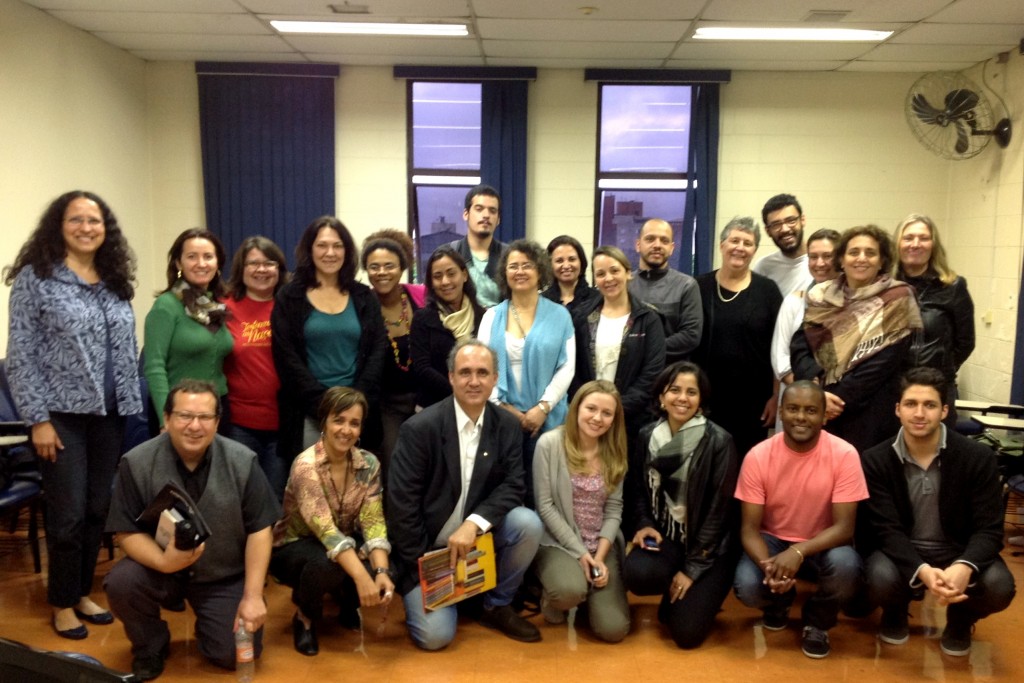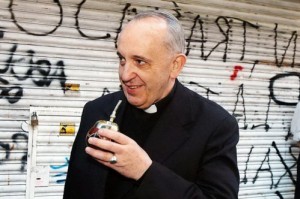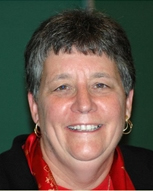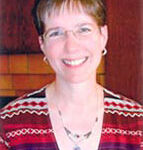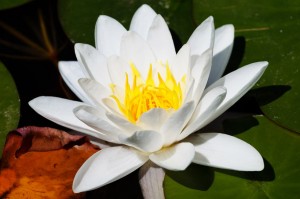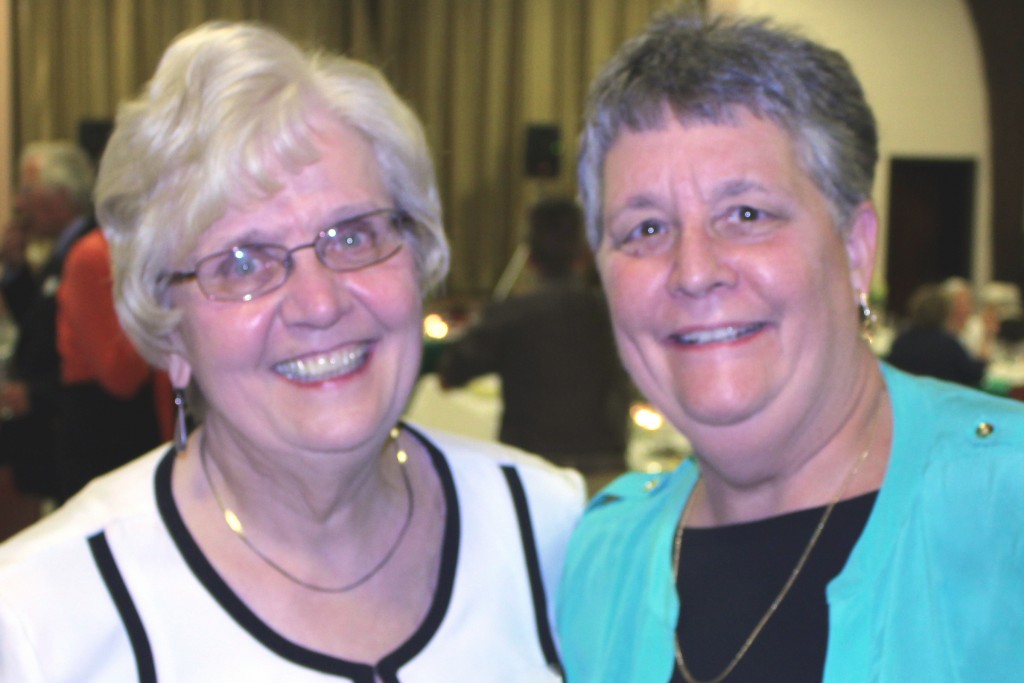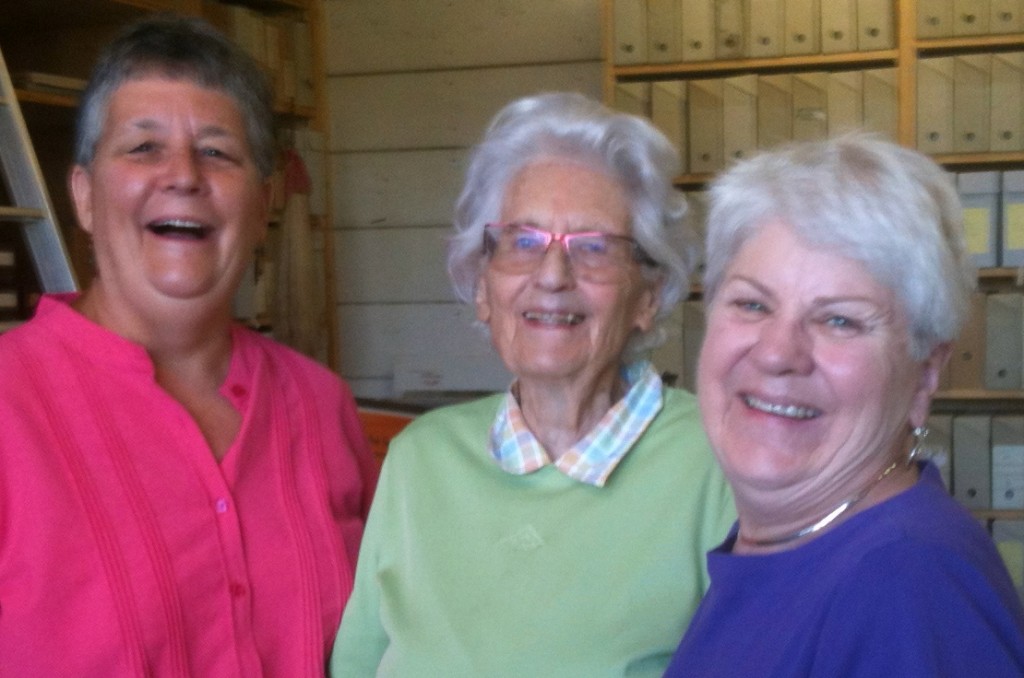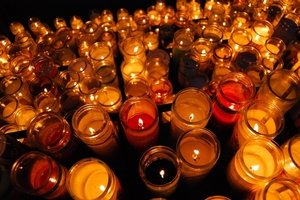 People worldwide are praying and working for peace, especially in the midst of the Syrian crisis and in the wake of the Navy Yard mass shooting. Most have a desperate desire to end violence in all forms.
People worldwide are praying and working for peace, especially in the midst of the Syrian crisis and in the wake of the Navy Yard mass shooting. Most have a desperate desire to end violence in all forms.
What kind of peacemakers do we need today? Where are they? How will we know them? Now more than ever, we must call one another to be peacemakers. Let us glimpse what peacemakers throughout the ages have passed on to us.
For this ritual, pick three favorite candles for the "Call to Gather" and provide a candle for each participant.
Circle of Peacemakers
We gather in a world at war. We come not to debate politics but to pray for peace, not to create military strategies but to open our hearts to the Spirit of Love and Justice and to be part of the force that creates peace. We gather to call forth peacemakers. (Light a candle)
We gather in the spirit of those who have died—may they rest in peace. We gather in the spirit of those who are making decisions, hopeful that our prayers will warm their hearts and open their minds to a moral creativity that will bring peace without bombing and killing. We gather in the spirit of the Divine who calls us to live in peace from generation to generation. We gather to call forth peacemakers. (Light a candle)
We gather because we must. We can’t keep from singing for peace. We can’t keep from praying for an end to violence and the beginning of a new day for our children’s children and for us. We gather linked in a special way to the people in Syria, praying for their safety, and hoping with them that this war will end. We gather mourning all who are killed in mass shootings. We gather to call forth peacemakers. (Light a candle)
Naming the Circle
Let us create a circle of peacemakers. When you hear the word “peacemakers,” who do you think of? Speak your name and say, “I am a peacemaker.” (Sharing)
Chant: “Give Peace a Chance,” John Lennon
All we are saying is give peace a chance...
Prayer
All merciful God of Many Names,
Yahweh, Allah, Holy One, Wisdom-Sophia,
Your power and grace, not ours, sustain the universe.
Teach us to hallow your names throughout the world.
Response: In your mercy, grant us peace.
You chose Abraham, Sarah, and Hagar
to birth many nations.
And you continue to speak through prophets and peacemakers in every land.
Forgive us, their offspring, for our wars and misdeeds toward one another.
Save us from further terrorism and destruction that all children may live in peace.
Response: In your mercy, grant us peace.
Compassionate and merciful God,
Change the hearts of extremist organizations, hate groups,
And those who turn to violence as a solution.
Help us find together a way to peace that serves each nation and its people.
Response: In your mercy, grant us peace.
Guardian of all life,
Guide the leaders of the United States and its allies,
Guide the rulers of Syria, Russia, and the Middle East
To act responsibly to bring peace and welfare to humankind.
Response: In your mercy, grant us peace.
God of Peace and Justice,
Guide all religious communities around the world
To work for peace with justice
So that all may have food, housing, prosperity, and peace.
Response: In your mercy, grant us peace.
Chant: “Give Peace a Chance,” John Lennon
All we are saying is give peace a chance...
Calls for Peace
Women have long called for peace.
Listen to some of them.
“It isn’t enough to talk about peace. One must believe in it. And it isn’t enough to believe in it. One must work at it.”
--Eleanor Roosevelt, radio broadcast (1951), in Joseph P. Lash, Eleanor: The Years Alone (1972)
“You can’t shake hands with a clinched fist.”
--Indira Ghandi, in The Christian Science Monitor (1952)
“September 11 changed the world. Our deepest fears now haunt us. Yet I am convinced that military action will not prevent further acts of international terrorism against the United States.”
--Representative Barbara Lee (D-CA) who cast the only vote in opposition to S. J. Res. 23, Authorizing the Use of Military Force (2001)
“New horrors require new moral creativity. The tragic events of September 11 challenge people of good will, especially religious people, to find new ways of handling conflict and dealing with difference… Moral creativity requires the deepest resources of our various religious traditions and the most profound insights we can muster. It is a process that prioritizes careful listening over reactive speech.”
--Mary E. Hunt, “A Call for Moral Creativity,” WATERwheel (2001)
“The quietly pacifist peaceful / always die / to make room for men / who shout.”
--Alice Walker, “The QPP,” Revolutionary Petunias (1971)
“Peace is when time doesn’t matter as it passes by.”
--Maria Schell, in Time (1958)
“Peace as a goal is an ideal which will not be contested by any government or nation, not even the most belligerent.”
--Aung San Suu Kyi, Nobel Peace Prize, (1991)
“The struggle to maintain peace is immeasurably more difficult than any military operation.”
--Anne O’Hare McCormick, in Julia Edwards, Women of the World (1988)
“Indeed women have a place to fill and a stake to claim and a role to play in the world’s pursuit of peace. Indeed women have a right to … demand the feminine alternatives of listening and seeing and caring and relating and reaching out and feeling for the other that lead the world away from war.”
--Joan Chittister, OSB, Women & Power Conference, Omega Institute (2004)
“Acquire inner peace and a multitude will find their salvation near you.”
--Catherine de Hueck Doherty, Poustinia (1975)
Chant: “Dona Nobis Pacem,” 16th Century, Anonymous
Dona nobis pacem pacem, Dona nobis pacem.
Give to us peace…
Sharing and Candle Lighting
Take a candle, light it for world peace, and share your reflections, if you wish? (Sharing)
Litany of Peacemakers
Let us remember those women and men who, down through the ages, have worked for peace. Let us ask them to pray with us for peace at home and in the world.
Buddha, Jesus, and Mohammed, pray for peace.
Sarah, Hagar, and Abraham, pray for peace.
Anne Frank and Rabbi Heschel, pray for peace.
Mary of Nazareth and Francis of Assisi, pray for peace.
Martin Luther King and Mary McLeod Bethune,
pray for peace.
Pope John XXIII and Dorothy Day, pray for peace.
Oscar Romero, Ita Ford, Dorothy Kazel, Maura Clark, and Jean Donovan, pray for peace.
The Thirteen Indigenous Grandmothers and Mahatma Ghandi, pray for peace.
Please share the names of other peacemakers,
pray for peace.
Chant: “Dona Nobis Pacem,” 16th Century, Anonymous
Dona nobis pacem pacem, Dona nobis pacem.
Give to us peace…
Greeting of Peace: The Prayer of St. Francis
Let us pray together:
All merciful God of Many Names,
Yahweh, Allah, Holy One, Wisdom-Sophia,
Make us instruments of your peace;
Where there is hatred, let us sow love.
Where there is injury, pardon.
Where there is doubt, faith.
Where there is despair, hope.
Where there is darkness, light.
And where there is sadness, joy.
Grant that we may not so much seek
To be consoled as to console,
To be understood as to understand,
To be loved as to love.
For it is in giving that we receive,
It is in pardoning that we are pardoned,
And it is in dying that we are born to eternal life.
Let us exchange a greeting of peace with one another. (Peace greetings)
Sending Forth
Go forth committed to work for peace.
May peace be before us and behind us,
beside us and around us.
May peace be above us and below us,
inside us and throughout the world.
So that all generations may live in peace forever and ever. Amen. Blessed Be. Let It Be So.
© Diann L. Neu is co-founder and co-directior of WATER. A variation of this ritual is published in Peace Liturgies, WATERworks Press.
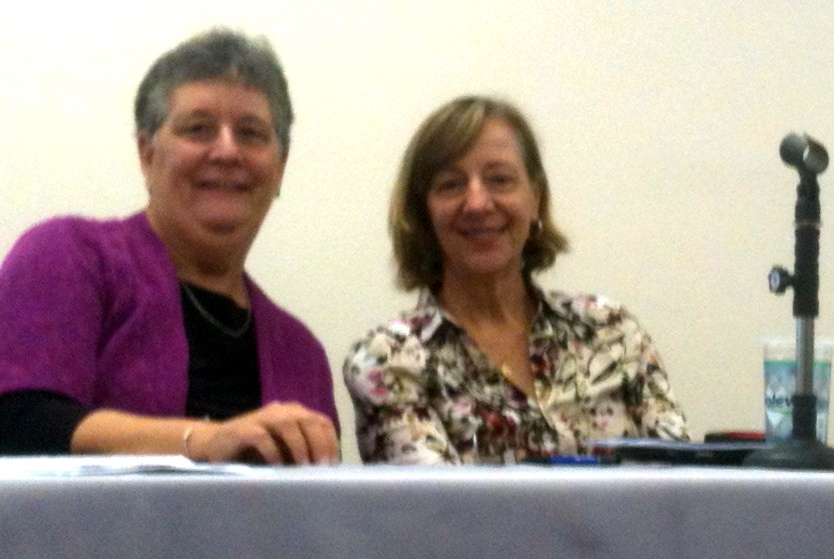 Speaking at the conference
Speaking at the conference
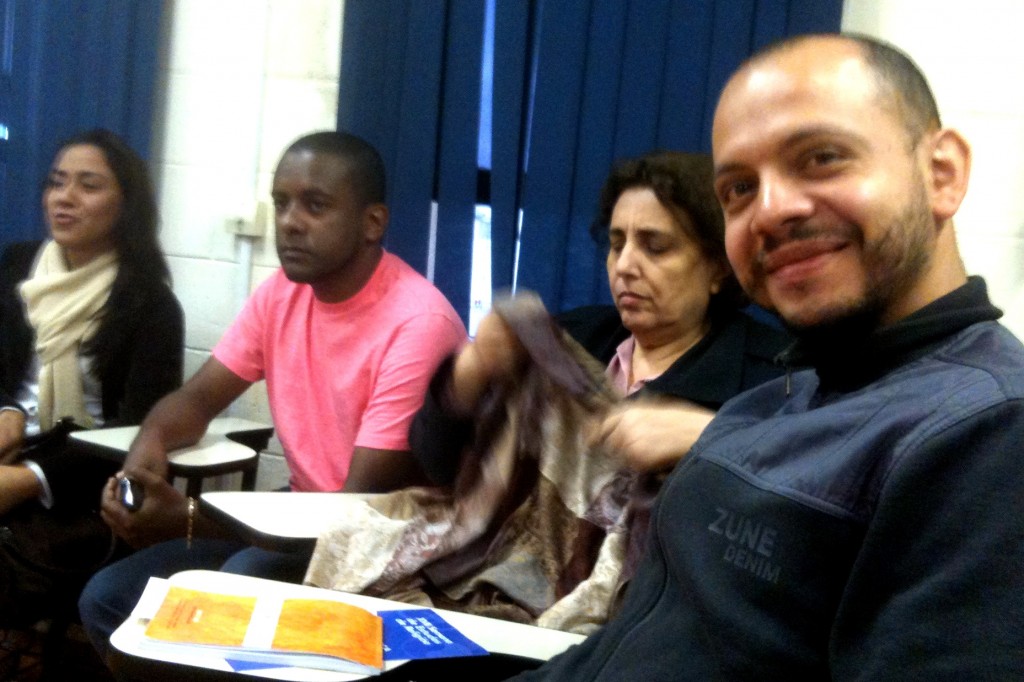 Students in an intensive course
Students in an intensive course
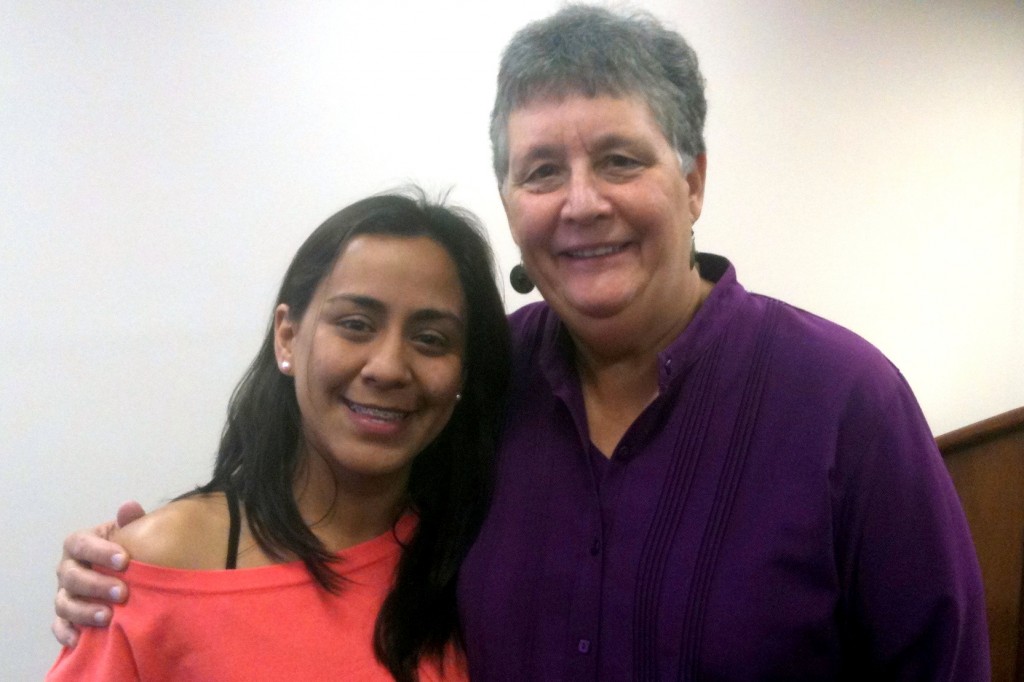 Marjorie from Columbia and Mary
Marjorie from Columbia and Mary
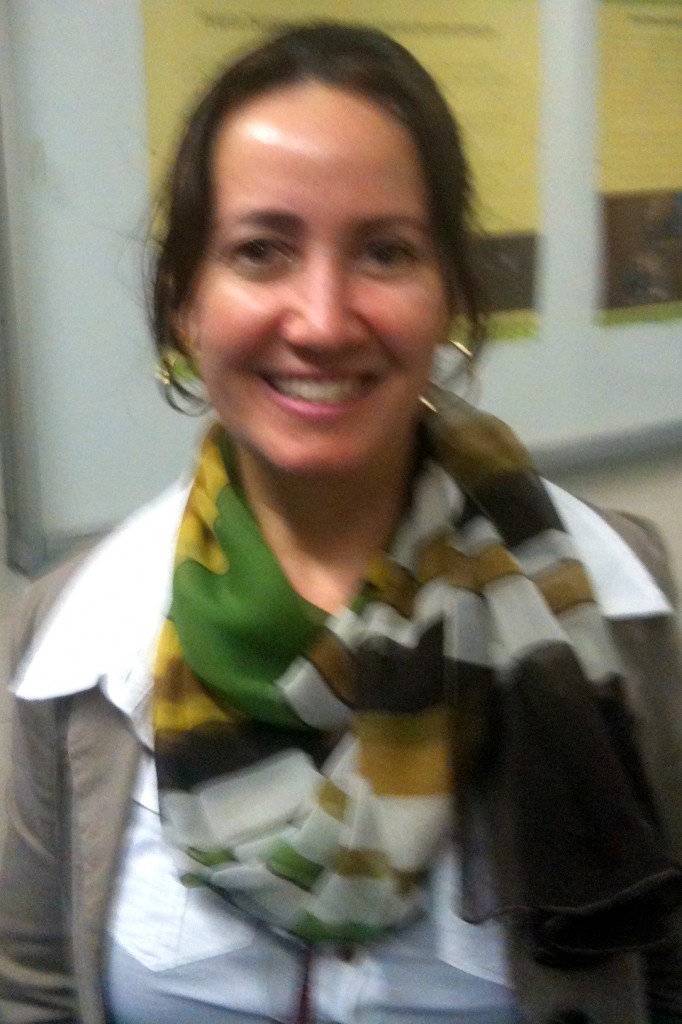 Professor Sandra Duarte
Professor Sandra Duarte
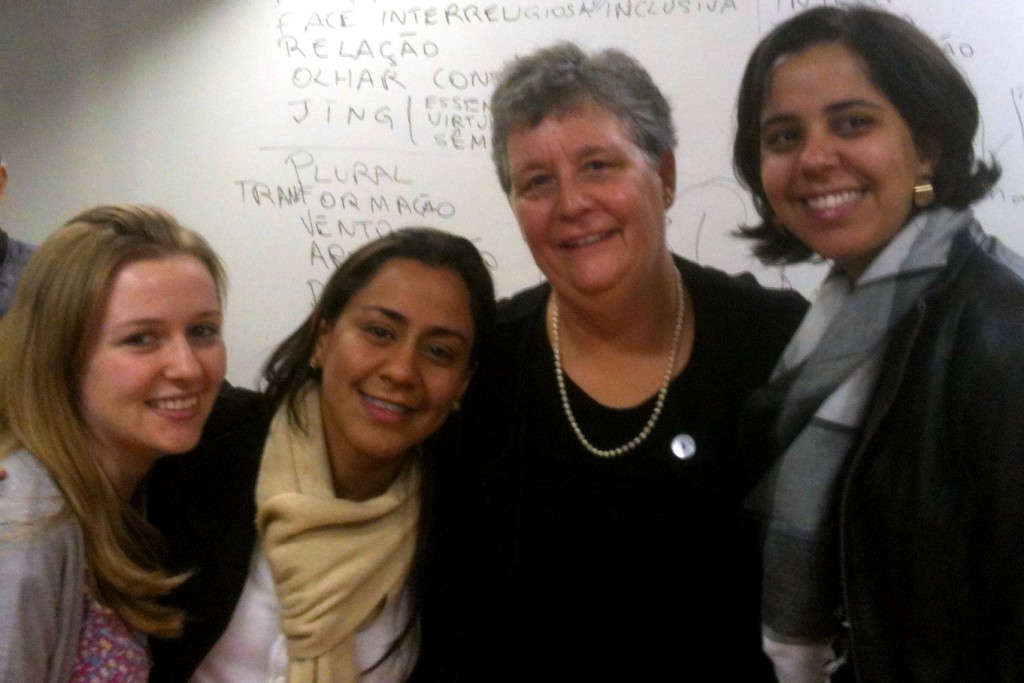 Students in an intensive feminist theology course with Mary
Students in an intensive feminist theology course with Mary
